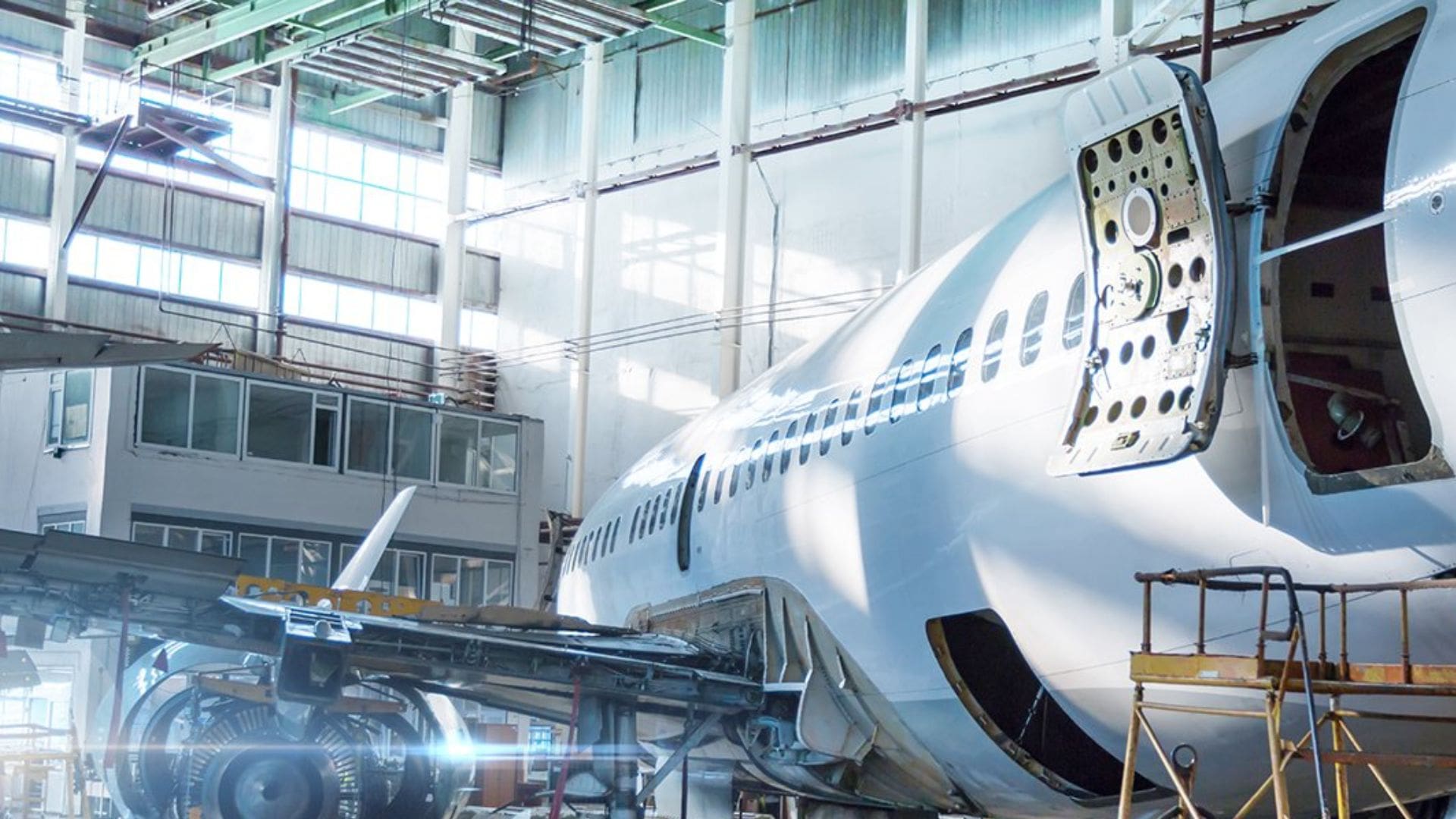The Technological Revolution: Impacting Our Lives and Shaping Future Industries
- Italy | 5 January 2017

In recent years, technology has brought about profound changes in our daily lives, creating a global community with its own unique rules and regulations. The computing power available on our smartphones today surpasses that of the Mars rovers and Lunar probes, prompting us to reflect on the pervasive presence of apps and their impact on society, particularly in the realm of communication. This article explores the transformative effects of technology across various sectors, from the rise of robotics and drones to the emergence of self-driving cars, highlighting their potential and the need for regulatory frameworks to govern their applications.
Once confined to industrial environments, robots have now found their way into unexpected fields. Tasks like cleaning our homes or mowing our lawns have become increasingly automated, leading to the concept of a “robotic friend.” This trend echoes the impact household appliances had on previous generations, shaping their lives in the 1960s. What was once considered impossible a decade ago has become a reality today, thanks to the relentless advancement of robotic technology.
Originally developed for military applications, drones, also known as unmanned vehicles, have evolved into versatile tools employed in numerous military and civilian settings. Their use aims to replace humans in “Dangerous, Dull, and Dirty” operations. Mini-unmanned systems weighing less than 10 kg for aerial models and 20 kg for ground models have found success in precision agriculture, surveillance, maintenance, renewable energy surveys, cultural heritage preservation, aerial filming, and more. The demand for unmanned systems has skyrocketed in recent years, creating a vast market awaiting regulation to address the potential applications.
Self-driving cars are gradually gaining ground in car pooling and car sharing, presenting opportunities for increased safety and reduced vehicle circulation. Infotainment systems in these autonomous vehicles are also evolving to cater to the needs of passengers who are becoming more akin to passengers than drivers. Despite initial concerns about safety, advancements in autopilot technology for airplanes and subway trains have quelled doubts. As regulations catch up with technological advancements, unmanned boats may even find their place in long trans-oceanic freight navigation. The next generation may witness a shift where personal cars are no longer a necessity for transportation.
Established in 1993, Eurolink Systems has been at the forefront of designing and manufacturing mission-critical electronic systems. In 2009, the company pioneered the use of remotely controlled unmanned systems in Italy, which until then had primarily been restricted to military applications. Notable accomplishments include the aerial HD broadcasting of the 197th Anniversary of the Italian Carabinieri Corps. The company has since developed various ground and aerial platforms, such as a cabled aerial platform with VTOL capabilities, a small-sized tilt rotor-aircraft, and a robot swarm experiment that showcases the potential for autonomous missions in challenging environments. Eurolink Systems’ current focus lies in developing the “Territorial Security and Surveillance System” (S3T) for the Lazio government, an IoT-based platform that monitors pollution through data acquisition, analysis, and dissemination.
The ongoing challenge lies in harnessing the potential of the “algorithm ecosystem” that encompasses sensors, actuators, and processing power. Data fusion and harmonization from different sensors, coupled with real-time processing algorithms, are key to unlocking the true potential of emerging technologies. Auto-learning and neural architectures are set to play pivotal roles in this revolution, influencing the development of smart cities where humans, robots, and vehicles coexist within a shared ecosystem.
Technology continues to reshape our world, offering remarkable possibilities across industries. From robots and drones to self-driving cars and IoT-based platforms, the future holds immense potential for innovation and progress. As regulations adapt to these advancements, it is crucial to navigate the changing landscape responsibly, ensuring the safe and ethical integration of technology into our lives. The transformative power of technology is poised to shape our future, fostering a world where humans and machines work together to drive progress and create new opportunities.








